-
-
-
The strength of a very wide range of dinghies means they can be adapted to suit all uses and meet all needs. To make sure you choose the tender of your dreams, we give you the main criteria to consider when choosing the right type of tender.
-
-
-
-
A size question
Perhaps the most important point, the choice of a tender will often depend on the size you want. Logically enough, the larger your tender, the more people and cargo you'll be able to carry. So it's your use that will dictate whether you opt for a large or a smaller tender.
It's also a guarantee of stability and safety. With a larger dinghy, you'll be able to venture into rougher waters and go faster. This is the case with aluminium tenders.A final point that may constrain your choice is the size of your davit or dinghy mounting platform on your main boat. The size of your dinghy needs to match your boat's installations to ensure stable attachment.
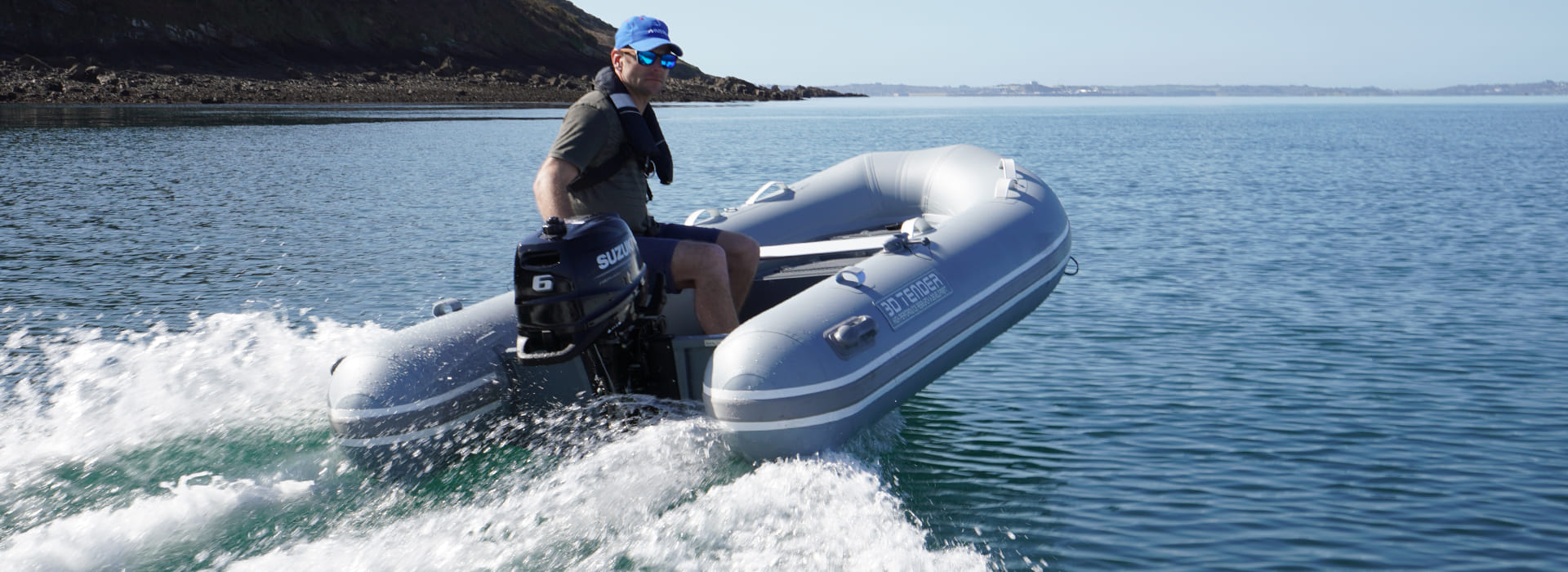
Transporting your boat
Before and after launching, you'll need to transport your tender ashore, a point that needs to be taken into account, not least for weight issues, but also for the durability of the tender and its storage. 3D Tender folding tenders are the best option for easy, practical storage, whether in the trunk of a car or in a cabinet, taking up little space and allowing you to carry it on your back.
In fact, these are the lightest tenders in the 3D Tender range, a strength that makes them very maneuverable when sailing, in addition to their practicality. To make your choice among all our folding tenders, from the lightest Twin Air to the most stable Fast Cat, we direct you to our article dedicated to this subject.
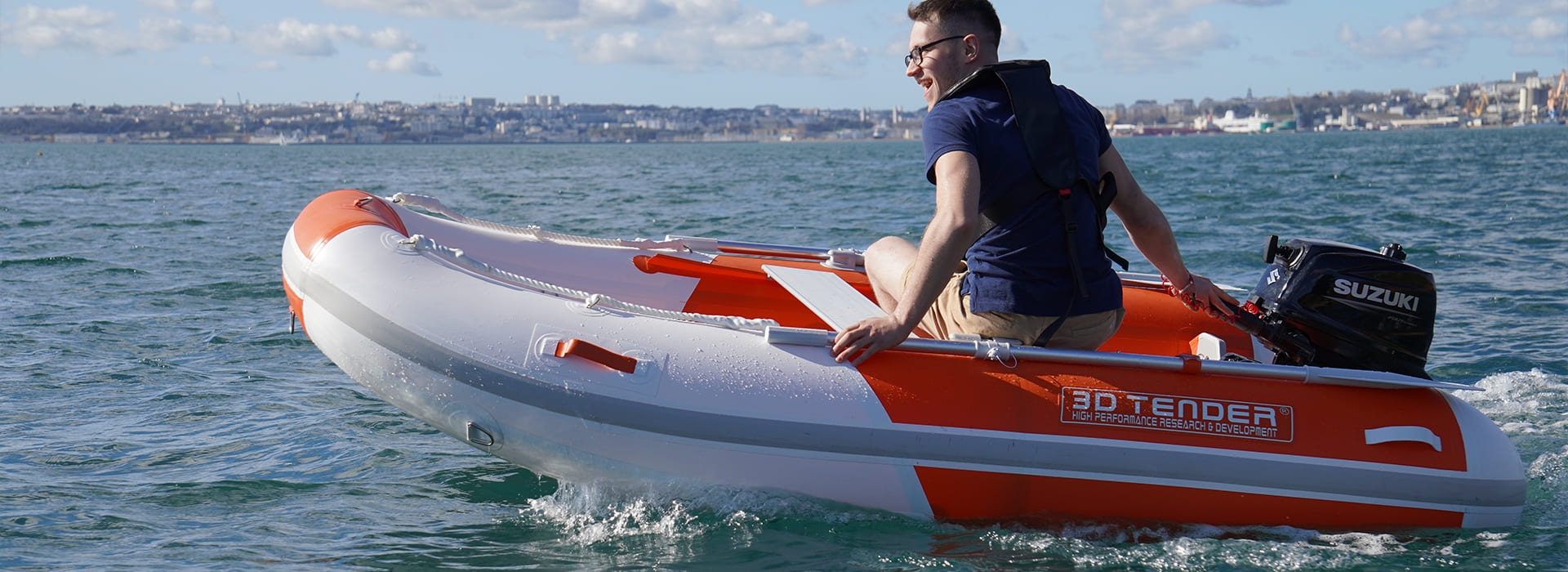
Different floors
However, the inflatable floor of folding tenders makes them vulnerable to abrasion and impact, whether from beach rocks, harpoon or hook tips.
For more resistant options, we recommend our aluminum tenders with rigid floors, which ensure their solidity, making them a reliable choice. Despite their heavier weight, their V-shaped hulls deliver better sailing performance. A stronger floor and a larger size will then be an interesting choice for regular use, compared to folding tenders which are aimed at more occasional use.
Their robustness is what makes these tenders safer boats, and better suited to frequent use.
To find out more about the special features of these rigid-bottom tenders, take a look at our tender comparison article.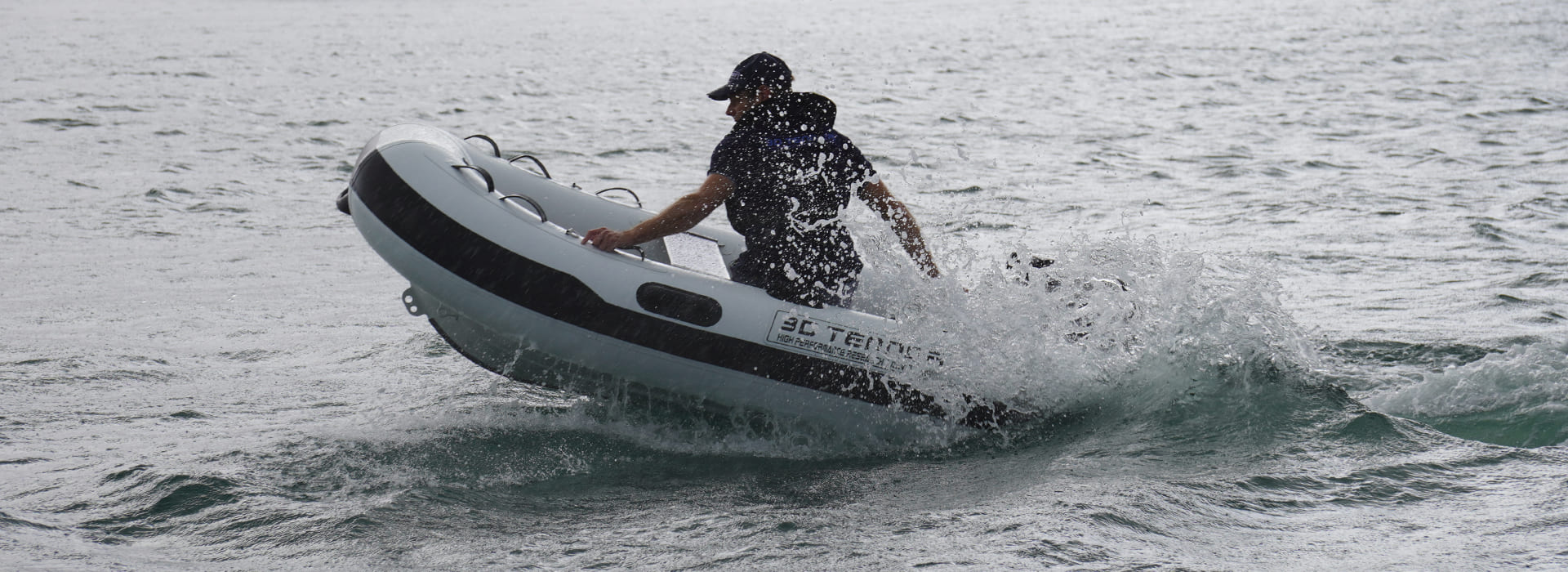
The choice of the fabric
As already mentioned in a previous article, the choice of fabric for the floats is also a factor to be taken into account. To summarize what has already been said, in hot areas, prefer hypalon. PVC remains a very good choice, as it's a tough, high-quality material, thanks to our preferred suppliers at 3D Tender.
Bear in mind that the durability of your floats, and of your dinghy more in general, depends on how well they are cared for, as explained in our article on dinghy maintenance. Overexposure to the sun and marine corrosion can quickly cause floats and floorboards to detach, if they are not cleaned with clear water after each trip, and protected from the sun when not in use.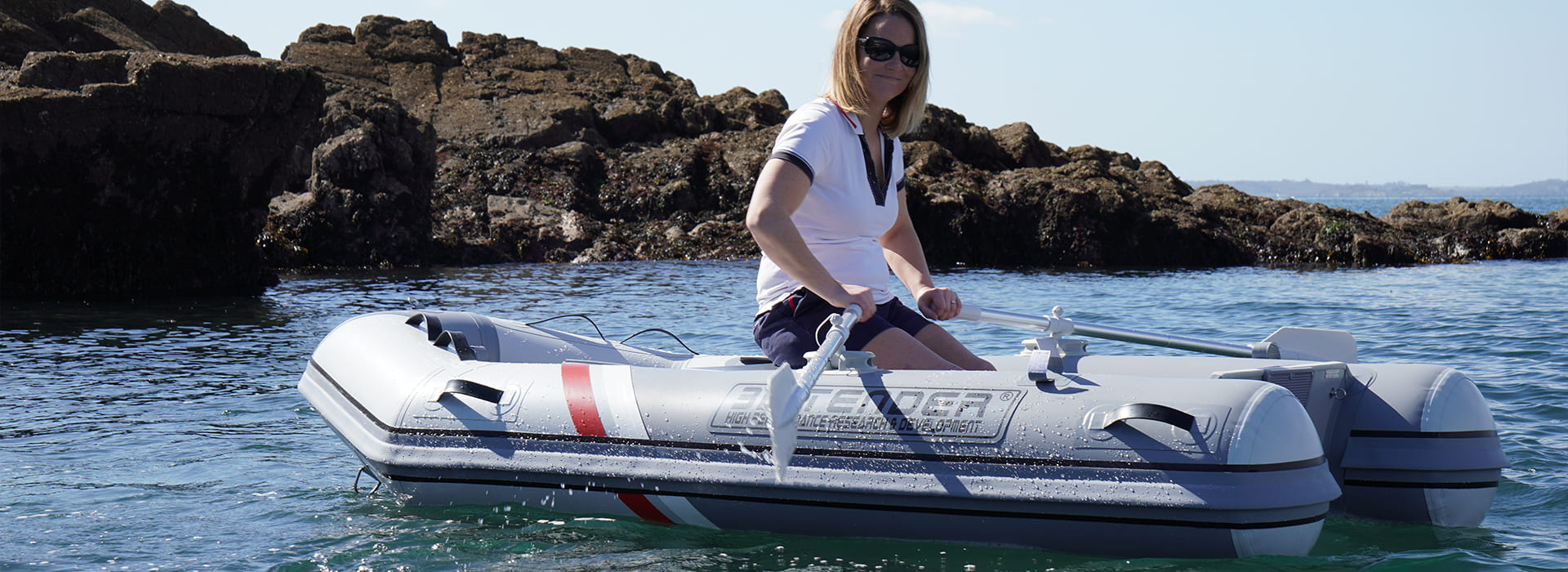
For more complex requirements
If you still can't find what you're looking for in the previously mentioned tenders, then you may want to consider even larger sizes that can also be attached to larger main boats.
You'll then have the choice of foldable boats, like the Heavy Duty, an inflatable boat with a foldable aluminum floor that can be transported in a cardboard box once folded and packed up, while still being longer than an aluminium tender.If you want to go for something fully equipped because comfort is most important to you, then you have the Nividic and Dream at your choice, boats that do their job as a tender with the accent on comfort.
You now have all the information and criteria you need to choose your dream boat from the entire 3D Tender range.
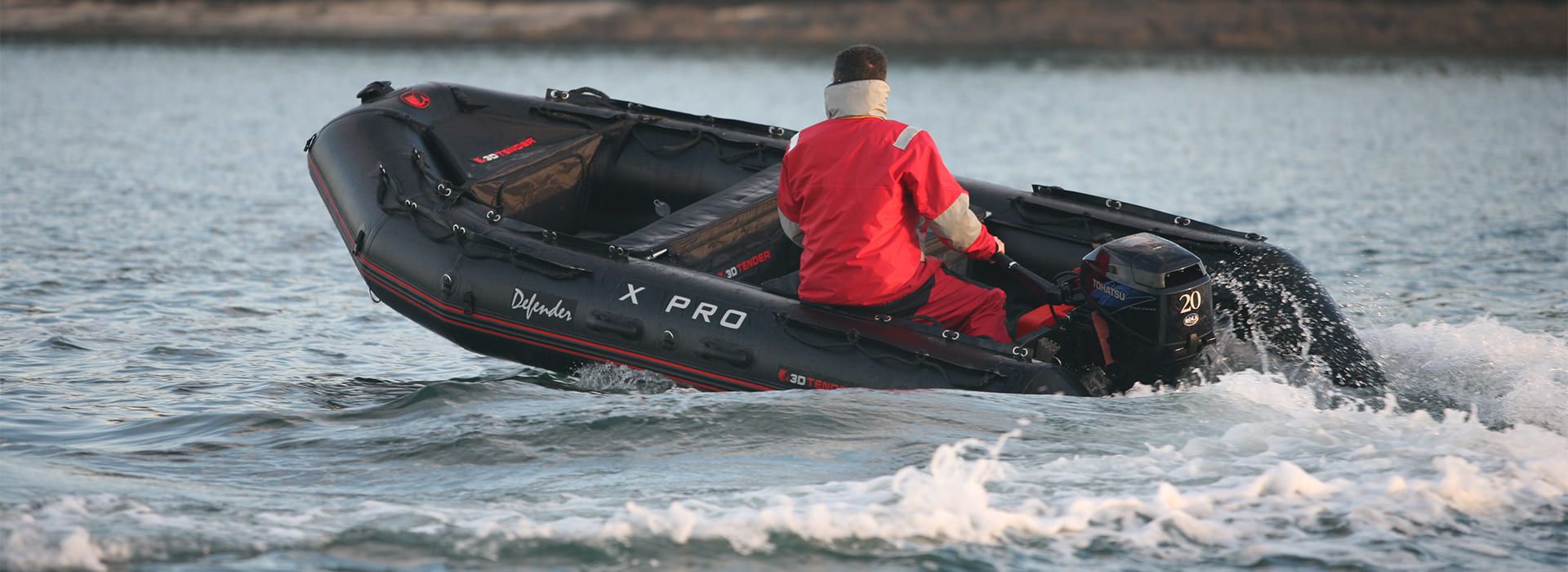
-
-

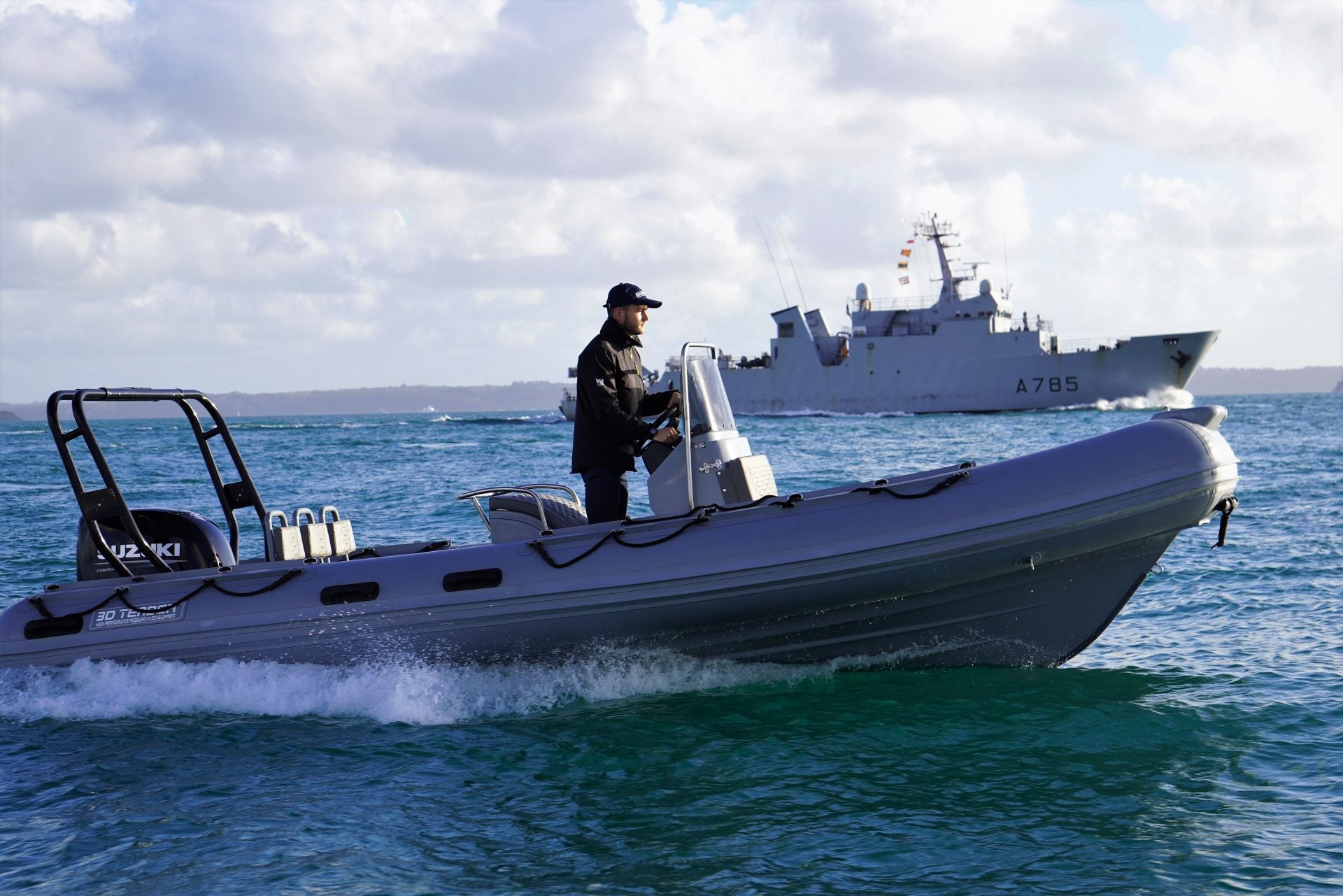
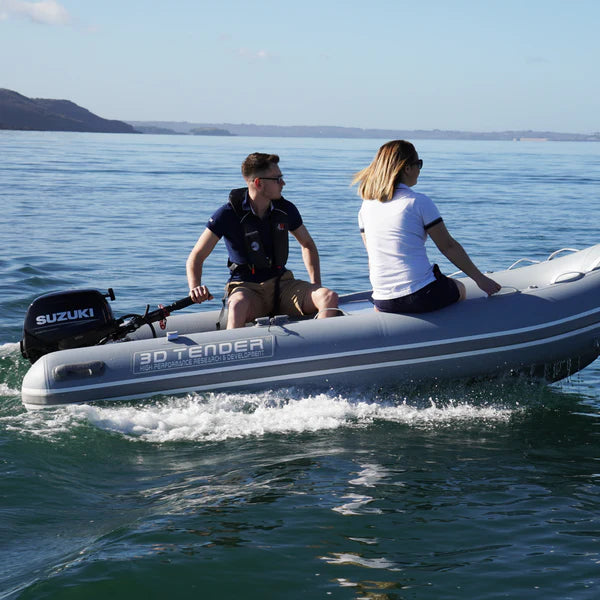
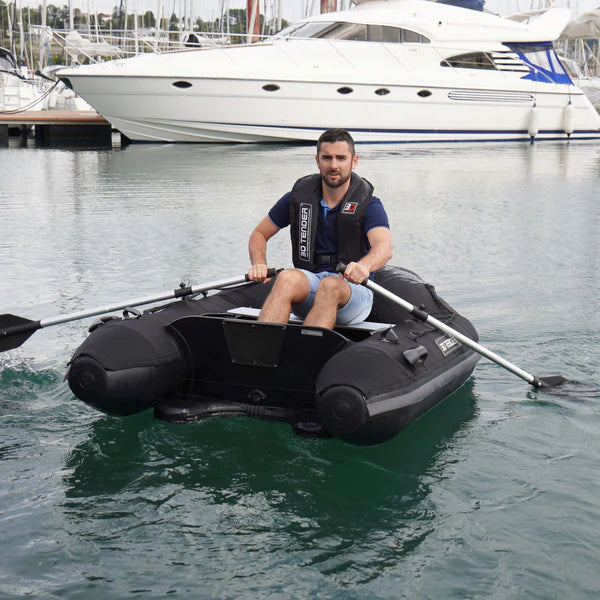
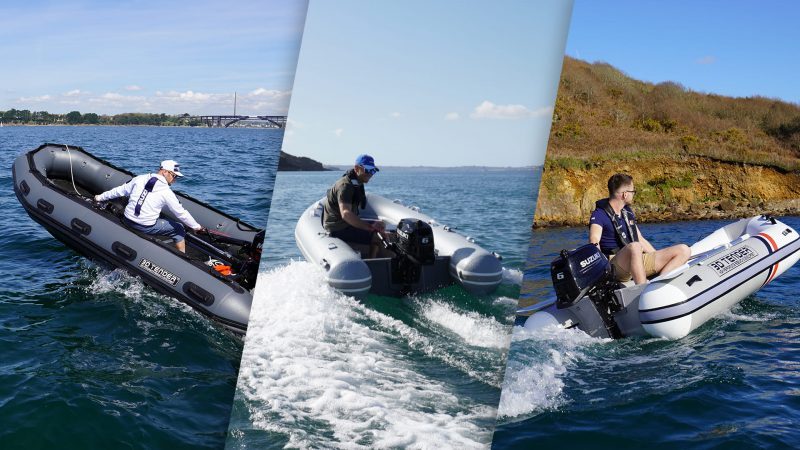
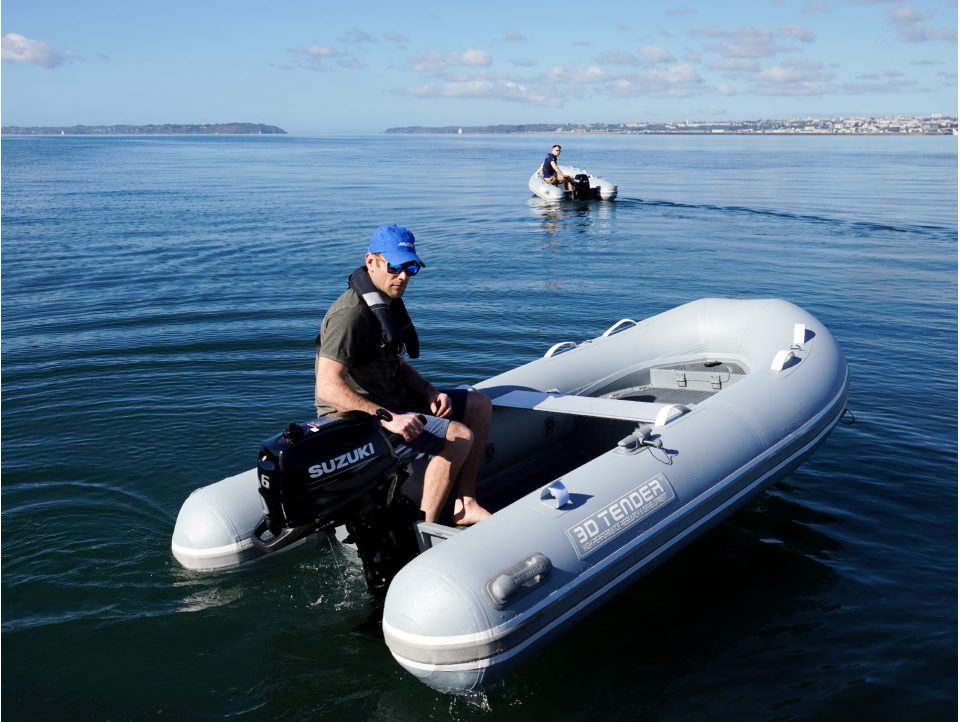
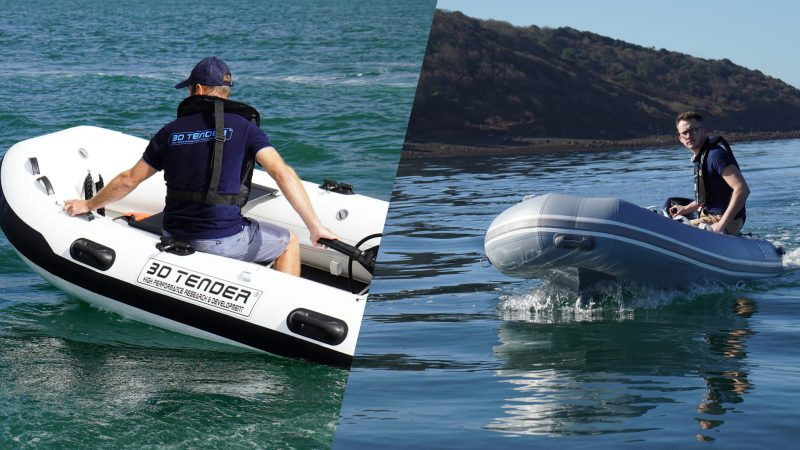
Leave a comment
This site is protected by hCaptcha and the hCaptcha Privacy Policy and Terms of Service apply.